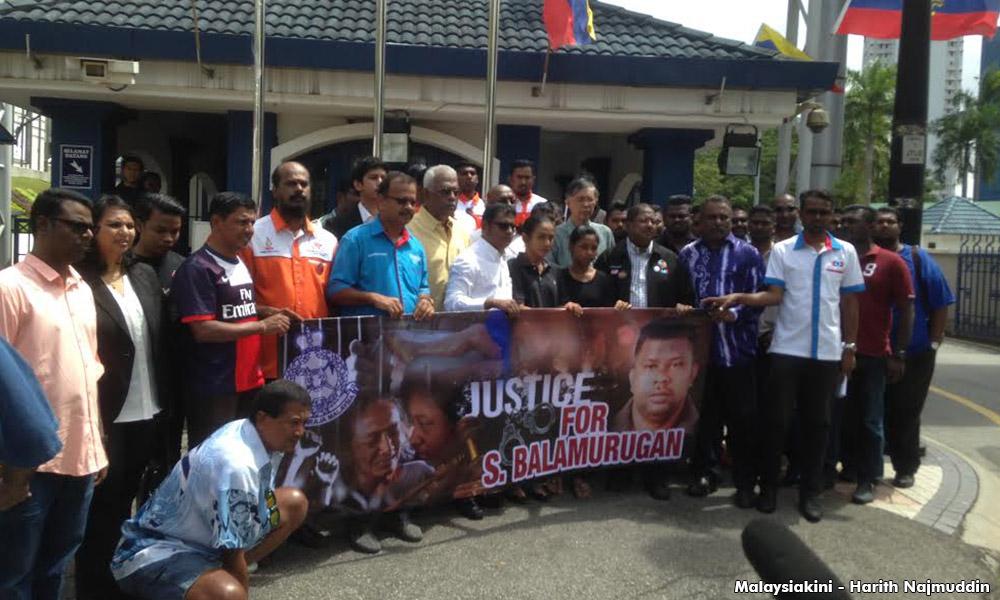LETTER | The EAIC (Enforcement Agency Integrity Commission) might not have the "teeth" to prosecute those who have abused detainees or those who caused the deaths of those in custody. However, despite its lack of prosecution powers, the EAIC has done some excellent work in recommending actions to be taken against police officials who have abused their power and those who have engaged in serious misconduct.
Whether the government will act upon the recommendations to check or discipline members of the police force guilty of abusing power remains to be seen. If the past is any indication of what is to come, the government might have little political interest in disciplining members of the police force.
Given this dire situation, the setting up of an IPCMC or Independent Police Conduct and Misconduct Commission cannot be delayed any further. The EAIC needs to be complemented by an agency that has independent powers of prosecution.
More than 1,600 detainees have died in custody in the last 18 years or so. There are no visible signs that the number might go down. In fact, there are grounds that believe that unless and until the matter of deaths in custody is seriously addressed, the numbers might spike in the future.
A few days ago, the EAIC has come out with its recommendations on two recent deaths in custody, S Balamurugan and Soh Kai Chiok. Both died around the same time. In both the cases, the EAIC found serious breaches of the standard operating procedures by the police.

In the case of Balamurugan who died in Klang early last year, it was found by the EAIC that he was arrested and detained despite the fact that he was released by the magistrate court. He was kept in the North Klang police district headquarters before his death on Feb 8, 2017. Even the police station where he was kept before his death was not gazetted as a lock-up facility.
EAIC said that in the case of Chiok, his death could not be directly related to police abuse, however, the denial of proper medical attention could have led to his death in police custody. Apart from this, the EAIC found several breaches in the standard operating procedures of the police. While in detention, Soh complained of chest pains, but medical attention was denied by keeping him at the Bera police station on Jan 17, 2017.
There are several reasons why deaths in custody occur in the country.
First, there is a culture of impunity amongst the police force. There is a feeling that they can get away with "murder". Many police personnel have gotten away with abuse of detainees in the past and there is no reason to believe that the police force will allow its men to be prosecuted for actions taken in the line of duty.
Second, there is no independent agency by the government that will look into the cases of detainees' abuse and prosecute those responsible. In other words, there is no strong deterrence for the police not to "abuse" their power.
Third, invariably those who are arrested and detained are those from a poorer socio-economic background or members of the working class. The arrest and detention of members of this social class does not elicit the kind of sympathy or interest if those arrested were members of the middle or upper middle classes.
Deaths in custody remains a serious issue in Malaysia. As long as the government in power continues to maintain that these are mere aberrations from the norm, then justice for those who have died will remain a pipe dream.
P RAMASAMY is Penang Deputy Chief Minister II and Perai state assemblyperson.
The views expressed here are those of the author/contributor and do not necessarily represent the views of Malaysiakini.

